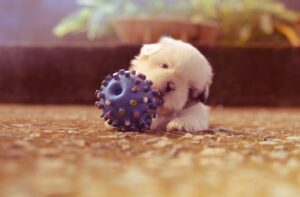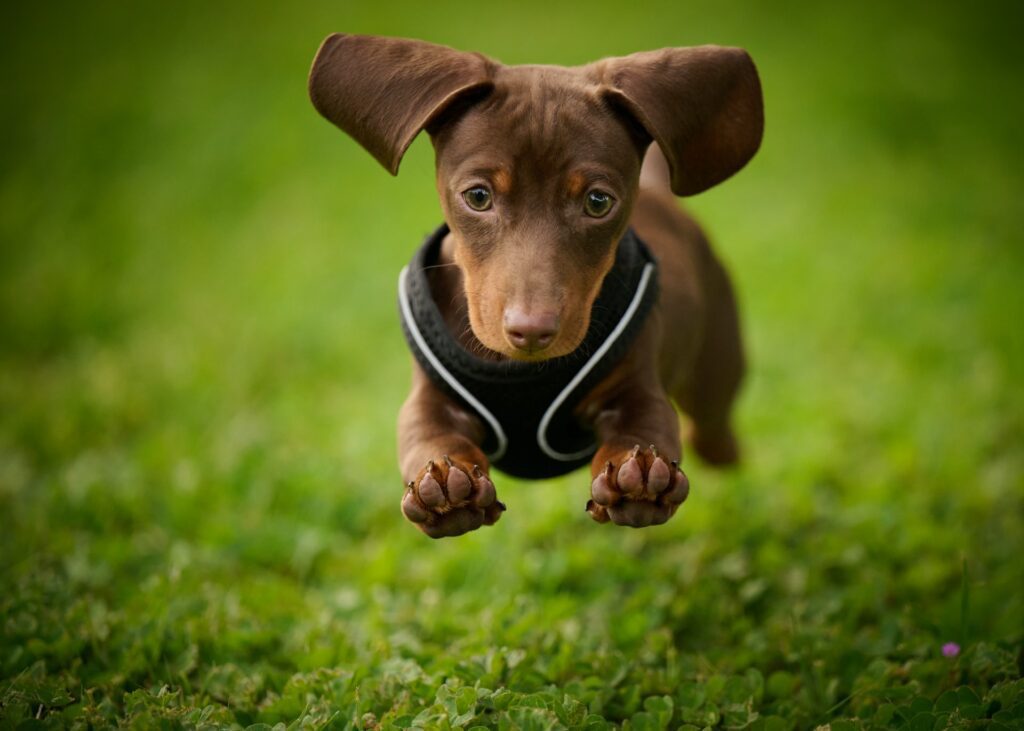A new puppy can bring a lot of joy to your life, but it also comes with a lot of responsibility. From potty training to socialization, there are a lot of things you need to do to ensure your puppy grows up to be a happy and healthy dog. Owning a dog is a commitment, and it’s up to us as owners to support them, starting from the moment they enter their new forever home.
But it isn’t all serious business—after all, a dog’s time is often spent in search of opportunities to play and show affection toward their favorite humans. Having a new puppy can be fun, so long as you put in the work and give them what they need.
After you have brought your new puppy home and have adjusted to a comprehensive new puppy schedule, here are a few things you can do to make sure both you and your new furry friend enjoy life together.
Proper Puppy Socialization
The first few weeks are crucial for socialization so take your puppy out as much as possible. This means not only walks around the block, but also car rides, trips to the dog park and visits with friends and family. The more people and animals your pup meets early on, the better. Not only will this help them become more well-rounded, it will also make them less fearful and more confident overall.
Many dogs that develop problematic behaviors in adulthood simply did not get enough socialization when they were in the first 12 to 16 weeks of their lives. A good breeder will have already started exposing your puppy to new sensations and experiences even as early as a couple of days after they were born. Continue to build on that foundation and you’ll have a gentle, even-tempered dog that is able to take new situations in stride.
Get Started on Training
In addition to socialization, basic obedience training is a must. Dogs are much easier to train when they are young, so start working on basic obedience commands such as sit, stay, come, down and leave it. Not only will this make your life easier (imagine never having to chase your dog around the house again), but it will also give your pup a sense of structure and purpose. Training should be fun for both of you so make sure to use positive reinforcement methods like treats or praise—never punishment.

Caio from Pexels
The most important thing to remember when training your new puppy is to be consistent. Choose a command word or phrase for each behavior you want to teach, and use it every time you give the command. For example, if you want your puppy to sit, use the command “sit” every time you ask them to do so. Similarly, if you want them to lie down, use the command “lie down” each time. Consistency will help your puppy understand what you want them to do.
This applies to everyone in the household, even if you, as the owner, are doing the bulk of the training. Puppies absorb every little bit of information that they get, and if they’re getting mixed signals from other family members, they can get confused about what they should be doing.
Don’t Sweat the Accidents
Of course, remember that accidents happen—especially when you’re potty training a new puppy. So don’t get too frustrated if there are a few (or even many) accidents along the way. Just clean up the messes calmly and patiently continue with the training. Soon enough, your puppy will get the hang of it and everyone in the house will be able to enjoy life stress-free.
Have Some Fun
Last, but not least, all work and no play makes for a very boring puppy. So be sure to set aside plenty of time each day for cuddles, belly rubs, fetch, tug-of-war and whatever else gets your pup’s tail wagging. This time for play and fun is an important part of bonding with your dog where you can give them the loving attention that all dogs crave.
Puppies have boundless energy so a couple hours of playtime is usually enough to tire them out—which means they’ll sleep soundly through the night. And we all know how important it is to get a good night’s sleep when every day is so full of life and excitement!


